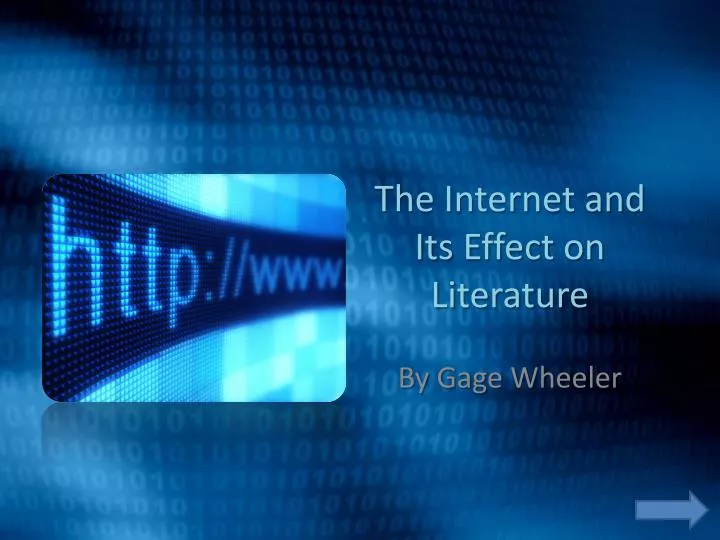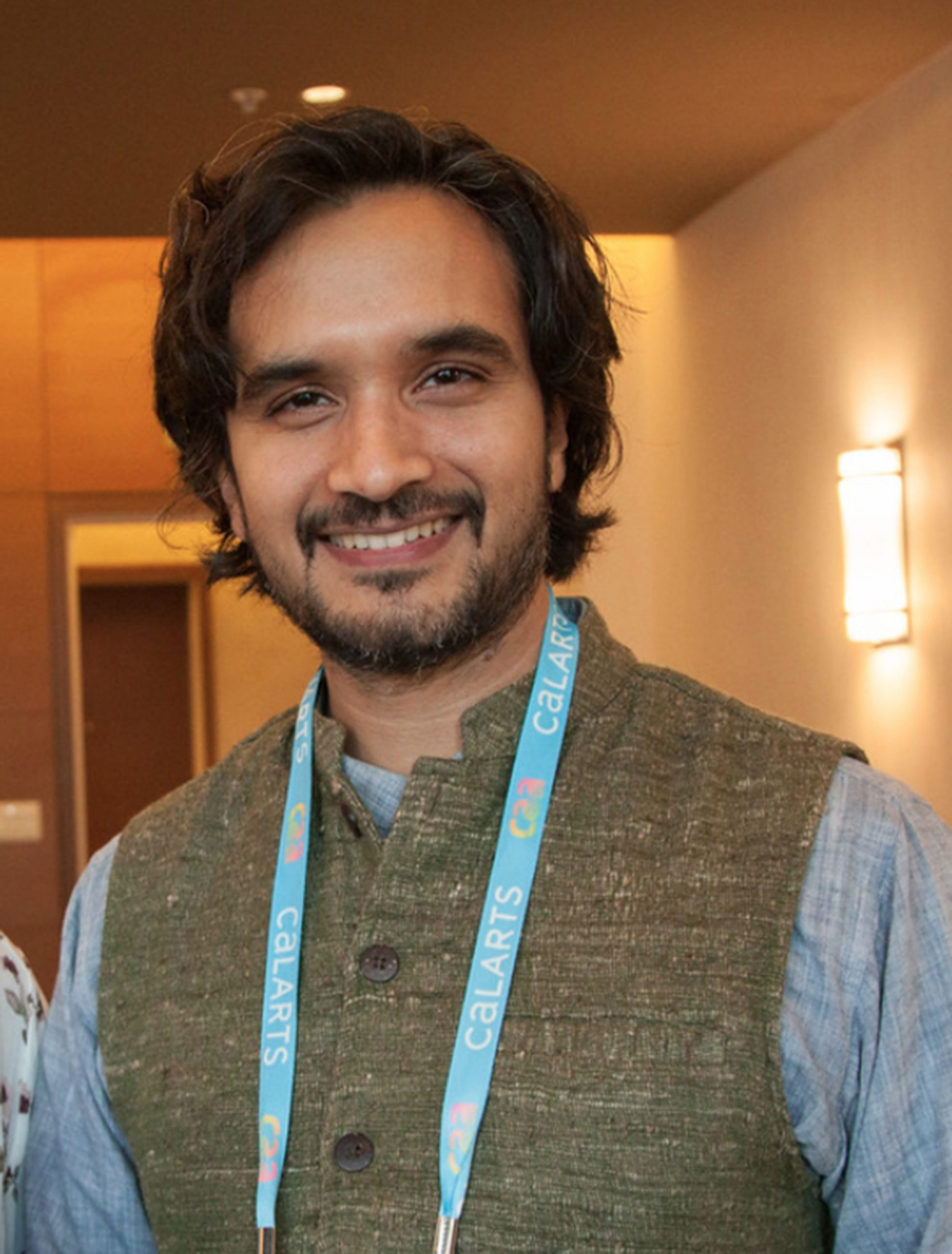Yosvany Terry stands at the intersection of Afro-Cuban music and cultural identity, weaving together the rich musical traditions of his heritage with contemporary jazz. As a celebrated musician and the director of the Harvard Jazz Ensemble, Terry’s work transcends borders, linking the vibrant sounds of Cuba and the African diaspora with those of West Africa, particularly his recent explorations in Benin. His commitment to teaching and performance not only preserves these traditions but also illuminates their significance in shaping modern music. Through his research and artistic endeavors, he fosters an understanding of how these musical legacies continue to influence current popular culture. On May 1, audiences can experience the fruits of this exploration during his captivating performance at ArtsThursdays, where Terry will showcase the connections between historical music practices and today’s jazz landscape.
At the forefront of a captivating musical journey, Yosvany Terry embodies the essence of Afro-Cuban art forms and their intricate ties to global cultural dynamics. His role as a senior lecturer and director of the Harvard Jazz Ensemble allows him to bridge the gap between traditional rhythms and contemporary interpretive styles, enriching students’ understanding of diverse musical heritages. The fusion of Beninois and Caribbean musical elements showcases the enduring legacy of the African diaspora, reinforcing the critical role of cross-cultural dialogue in the arts. By dedicating himself to this intermingling of genres, Terry not only champions the preservation of musical traditions but also invigorates contemporary performance practices. His upcoming showcase underscores the relevance of historical contexts within the modern jazz narrative, inviting audiences to appreciate the interwoven stories of sound and identity.
Exploring Afro-Cuban Music: Heritage and Identity
Afro-Cuban music stands as a vibrant testament to the cultural heritage intertwining the African diaspora with Caribbean soundscapes. This musical tradition, deeply rooted in historical experiences, reflects forms of resistance against colonial oppression. As Yosvany Terry continues to explore the links between his Cuban heritage and the origins of jazz, he emphasizes how this musical genre is not just entertainment but a profound expression of cultural identity. The rhythms, melodies, and instruments used in Afro-Cuban music are a continuation of the African traditions that were preserved despite the brutal conditions of slavery that sought to erase them.
Moreover, the historical connection between Afro-Cuban music and West African traditions highlights the importance of understanding music within its cultural context. Through his research, Yosvany Terry aims to educate his students about these roots, encouraging them to appreciate the rich tapestry of influences that shape their musical education. By examining this musical lineage, students can grasp how these traditions are not merely relics of the past but living frameworks that continue to evolve and influence contemporary music, thus fostering a deeper appreciation and ownership of their cultural heritage.
The Role of the Harvard Jazz Ensemble in Cultural Preservation
Under the guidance of Yosvany Terry, the Harvard Jazz Ensemble serves as a pivotal platform for the exploration and celebration of diverse musical traditions, particularly those rooted in the African diaspora. This ensemble not only offers students a chance to engage directly with jazz—an art form inherently linked to Afro-Cuban rhythms and structures—but also encourages them to understand how these traditions have shaped their cultural identities. Terry’s commitment to integrating artists of Afro-Latin American descent into the ensemble exemplifies the importance of acknowledging and preserving cultural heritage through performance.
The program’s approach of collaborating with distinguished jazz masters enriches students’ learning experiences and highlights the symbiotic relationship between education and cultural expression. By inviting artists to teach and perform, the Harvard Jazz Ensemble fosters a community where music serves as a bridge to understanding one’s cultural roots while also promoting an appreciation for the global influences on jazz. Through such initiatives, the ensemble works toward not just music education but a greater consciousness of how historical narratives shape contemporary musical landscapes.
Yosvany Terry’s Cultural Research: A Musical Journey
Yosvany Terry’s recent explorations in Benin and Cuba reveal his dedication to tracing the historical and cultural connections between African musical traditions and the music of the Americas. His immersive experiences, where he performed alongside local musicians, unveiled layers of cultural narratives that have largely remained unexamined. By engaging with practitioners of these traditions, Terry not only preserves these legacies but also enriches his own compositions and teachings. This approach aligns with a broader scholarly focus on the impact of cultural exchange and identity formation through music.
Through his work, Terry illuminates the resilience of these traditions, demonstrating how they have survived and adapted through generations despite the forces of colonization. By documenting his experiences and research, he hopes to inspire a new generation of musicians and scholars to engage with their cultural histories profoundly. The resultant musical pieces and educational curriculums provide an opportunity for deeper connections and understanding, fostering a greater appreciation for the diversity of influences that enrich contemporary musical practices.
The Interconnection of Jazz and Afro-Cuban Musical Practices
Jazz, often celebrated for its improvisational spirit, owes much of its development to the rhythms and harmonies of Afro-Cuban music. Yosvany Terry’s insights into this relationship underscore the cross-cultural exchanges that have defined the genre. By exploring how jazz evolved in tandem with these rich musical traditions, Terry helps his students appreciate not only the technical aspects of jazz performance but also the historical significance of the music they create. This understanding is crucial in cultivating a nuanced approach to improvisation that honors the roots of the music.
Moreover, incorporating Afro-Cuban elements into jazz compositions revitalizes the genre, allowing for experimentation and innovation. This fusion of styles invites students to think creatively, encouraging them to draw inspiration from a variety of cultural influences. By participating in this dynamic interplay, students learn to express their unique identities while also acknowledging the historical contexts that inform their artistic expression. The intricate connections between jazz and Afro-Cuban music ultimately serve as a reminder of the genre’s diverse lineage and its capacity for growth and evolution.
ArtsThursdays: A Fusion of Education and Performance
ArtsThursdays at Harvard represents a transformative initiative that enhances the appreciation of the arts within the university and beyond. Featuring performances by faculty like Yosvany Terry, this program fosters an environment where academic inquiry intermingles with artistic expression. It is a unique opportunity for students and community members to witness first-hand the creative processes that connect research and performance. By being part of these events, participants engage with music that reflects cultural identities, allowing them to learn from the narratives behind the art.
In the upcoming performance of “Imaginary Dialogues: Dahomey,” Terry will showcase the connections between his research in Benin and contemporary performance art. This event not only highlights the importance of cultural storytelling through music but also demonstrates how initiatives like ArtsThursdays facilitate meaningful collaboration among various disciplines. These collaborations enrich the educational experience for students and inspire them to explore new paradigms of artistic creation, reinforcing the institution’s commitment to celebrating diverse artistic expressions.
Cultural Identity in Music Education
Cultural identity plays a crucial role in the way music is taught and experienced by students at Harvard University. Yosvany Terry emphasizes the importance of understanding one’s cultural roots and how these inform the music they create and perform. By integrating diverse musical traditions into the curriculum, students can explore their own identities and how these intersect with broader cultural narratives. This self-exploration through music teaching not only nurtures their artistic abilities but also cultivates a sense of belonging and purpose in their musical journeys.
As students delve into the narratives of the African diaspora and its impact on musical traditions, they become advocates for cultural understanding and preservation. This educational approach encourages them to see music as more than just an art form; it becomes an integral part of their identity. Terry’s mission is to ensure that students forge deep connections with the materials they study, which in turn empowers them to take these lessons beyond the classroom, fostering a lifetime of appreciation for the richness of the world’s musical traditions.
Empowering Future Generations Through Cross-Departmental Collaboration
One of the driving forces behind Yosvany Terry’s initiatives at Harvard is the emphasis on collaboration across various academic departments. By engaging with faculty from disciplines outside of music, such as electrical engineering and anthropology, Terry seeks innovative ways to explore how technology can support the preservation of cultural musical traditions. This interdisciplinary approach not only enriches the academic environment but also opens doors for students to gain diverse perspectives on their studies, enabling them to think critically about the intersections between music and society.
Moreover, fostering these collaborations allows students to see the relevance of their studies beyond the confines of traditional music education. Through projects that incorporate technology and creative practices, students are encouraged to explore new methodologies that can enhance their understanding of Afro-Cuban music and its historical contexts. By empowering future generations to undertake these interdisciplinary approaches, Terry inspires a new wave of musicians who are not only skilled performers but also informed advocates for cultural diversity and the rich tapestry of musical traditions that inform their art.
Embarking on a Musical Journey: From Research to Performance
Yosvany Terry’s commitment to translating research into performance is demonstrated through his planned presentations, such as the upcoming event on May 1. By sharing his research findings through performance art, Terry illustrates how knowledge can be transformed into creative expression. This circular relationship between research, composition, and performance underscores the dynamic nature of artistic creation and the way music can serve as a narrative vehicle for cultural stories. Through this process, the audience gains insight into the deep connections between historical events, cultural identities, and contemporary artistic practices.
In this way, performances become educational experiences for both the artist and the audience, fostering a mutual understanding of the cultural traditions that inspire the music. Terry’s approach not only celebrates the richness of Afro-Cuban music but also invites listeners to engage with its stories and histories actively. As the lines between research and performance blur, audiences are encouraged to appreciate and explore the cultural significances embedded within the music, cementing the role of performing arts in cultural dialogue and reflection.
The Future of Jazz: Embracing Diverse Musical Influences
As Yosvany Terry reflects on his decade-long journey at Harvard, his vision for the future of jazz embraces the inclusion of diverse musical influences and traditions. He advocates for a curriculum that expands beyond traditional forms to include the richness of Afro-Cuban and other global musical heritages. By encouraging students to engage with a broader spectrum of influences, Terry aims to cultivate an environment where innovation and creativity flourish. This evolution not only enriches the students’ experiences but also ensures that jazz continues to resonate with audiences in a rapidly changing cultural landscape.
Moreover, by promoting the significance of understanding and preserving cultural narratives within music, Terry emphasizes the power of jazz as a living art form. He envisions jazz as a platform for artists to explore their identities and share their stories through music. As new voices emerge, they carry forward the legacies of their predecessors while incorporating contemporary influences, ensuring that jazz remains a dynamic genre that reflects the complexities of cultural identity in today’s world. The future of jazz, as envisioned by Terry, is not just a continuation of tradition but an expansive journey that encourages diversity, dialogue, and innovation.
Frequently Asked Questions
What are the influences of Yosvany Terry on Afro-Cuban music?
Yosvany Terry is a key figure in Afro-Cuban music, bridging his extensive knowledge of the traditional rhythms and melodies of Cuba with contemporary jazz. His research into the links between West African musical traditions and Afro-Cuban music influences his compositions and teaching, enriching our understanding of how these cultural identities intersect within the African diaspora.
How does Yosvany Terry incorporate his findings into the Harvard Jazz Ensemble?
As the director of the Harvard Jazz Ensemble, Yosvany Terry utilizes his research from Benin and Cuba to enhance the curriculum. He integrates primary source material from his travels, helping students appreciate the profound impact of Afro-Cuban musical traditions on jazz and popular music, while emphasizing the importance of cultural identity in the music they perform.
What role does cultural identity play in Yosvany Terry’s music?
Cultural identity is central to Yosvany Terry’s music as he draws on his Afro-Cuban heritage and the traditions of the African diaspora. His work not only preserves these musical traditions but also highlights the historical context of how they form an integral part of modern jazz, thereby enriching the cultural narrative around Afro-Cuban music.
What connections does Yosvany Terry make between the African diaspora and musical traditions in his teaching?
Yosvany Terry connects the African diaspora with musical traditions by teaching students how the rich heritage of African music from countries like Benin has shaped genres such as Afro-Cuban jazz. Through collaborative experiences and performances, Terry educates his students on the historical significance of these musical traditions and their impact on contemporary music.
What educational opportunities does Yosvany Terry provide through the Harvard Jazz Orchestra?
Yosvany Terry offers educational opportunities through the Harvard Jazz Orchestra by inviting renowned artists and utilizing cross-cultural collaborations. Students engage in travels to countries like Cuba and the Dominican Republic, where they immerse themselves in local musical traditions, enhancing their understanding of Afro-Cuban music and its relation to global jazz influences.
How has Yosvany Terry’s research influenced his artistic vision?
Yosvany Terry’s research has profoundly influenced his artistic vision, inspiring new compositions that reflect the cultural insights he gained. By exploring the historical and contemporary connections between the Kingdom of Dahomey and modern jazz, he aims to create works that honor and revive the rich musical traditions of the African diaspora.
What can audiences expect from Yosvany Terry’s performances?
Audiences can expect Yosvany Terry’s performances to be vibrant and culturally rich experiences that showcase Afro-Cuban music’s traditions intertwined with modern jazz. His upcoming performance ‘Imaginary Dialogues: Dahomey’ will reflect the deep connections he has explored between Benin’s cultural heritage and contemporary music, providing a unique auditory journey.
What is the significance of Yosvany Terry’s work in preserving musical traditions?
Yosvany Terry’s work is significant in preserving musical traditions as it emphasizes the importance of cultural heritage in the face of globalization. His dedication to exploring Afro-Cuban music and its African roots helps safeguard these traditions for future generations and raises awareness of their relevance to contemporary artistic expression.
| Key Points | Details |
|---|---|
| Research Background | Yosvany Terry conducts research on the connection between musical traditions of Benin and the Caribbean, focusing on the African diaspora’s influence on musical practices. |
| Cultural Preservation | In Benin, Terry engages with musicians who preserve cultural traditions crucial for identity, particularly rooted in the history of slavery and resistance. |
| Incorporating Findings | Terry aims to integrate his research into teaching at Harvard, especially through courses that explore the influence of these traditions on jazz and popular culture. |
| ArtsThursdays Initiative | ArtsThursdays at Harvard enhances the visibility of the arts and encourages cross-department collaborations and engagement with local communities. |
| Future Aspirations | Terry envisions a vibrant arts presence at Harvard, focusing on diverse musical traditions and the collaboration between departments, particularly involving AI in music composition. |
Summary
Yosvany Terry is an influential figure in exploring the intersections of music and culture, especially regarding the African diaspora’s impact on traditions. His research bridges the gap between the rich musical heritages of Benin and the Caribbean, enhancing the understanding of cultural identity among students and communities. By fostering cross-departmental initiatives and promoting performances, Terry aims to not only preserve these traditions but also innovate within the academic and artistic realms at Harvard.


